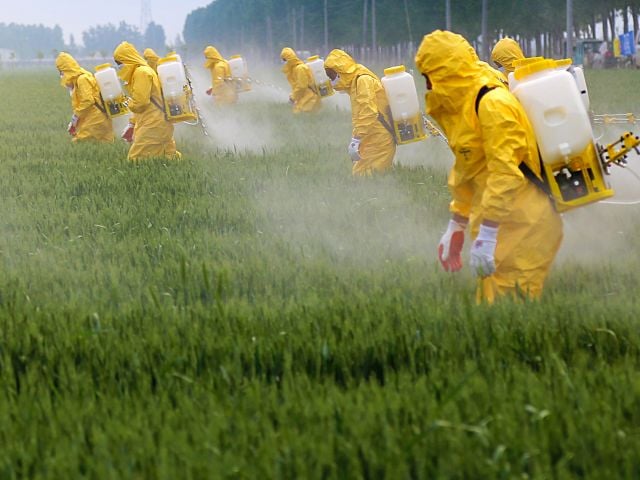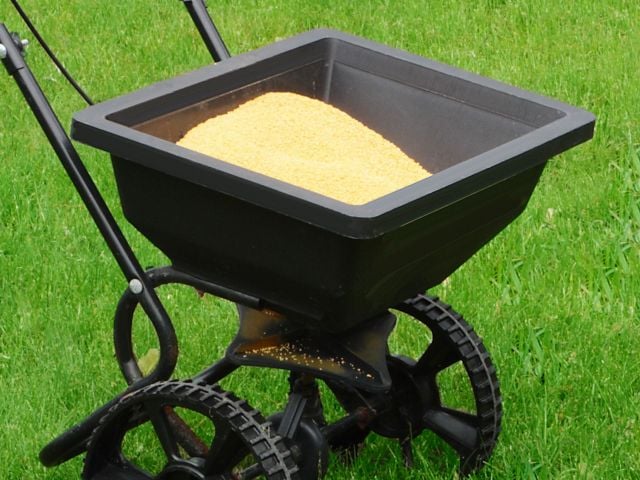Displaying 289 - 312 of 1523
Pay to Spray

Eating an Organic Diet May Reduce Your Cancer Risk
Frequently eating a variety of organic foods may significantly reduce your risk of developing cancer, according to a groundbreaking study published in the Journal of the American Medical Association...

Much Ado about Giving Consumers What they Want

EWG Supporters Urge USDA to Stop Funding Pro-Pesticide Campaign with Taxpayer Dollars
The Environmental Working Group today will send the U.S. Department of Agriculture a petition signed by more than 50,000 EWG supporters who object to the department's grant of $180,000 to a California...
Illegal Herbicide Use on Monsanto GMOs Spurs Bitter Complaints
Remember when we told you that some farmers were illegally spraying the herbicide dicamba on Monsanto's new GMO crops? Well, the situation is getting worse.

Agriculture Is the Most Dangerous Industry for Child Workers – and the Trump Administration Is Making It Worse
Far more American children die working in agriculture than in any other industry, and thousands more are injured while working on farms, according to a recent little-noticed report by the...

EWG Wants You to Eat your Fruits and Vegetables

EWG News Roundup (3/10): Pruitt’s Climate Change Denial and Perdue’s Sketchy Ethics, Strawberries Top Dirty Dozen List
Here's some news you can use as you begin your weekend.

The House farm bill is bad news for children’s health and safety

More organophosphates please, Mom!
EWG News Roundup (3/27): 2020 Dirty Dozen™, Keeping a Healthy Home During Coronavirus and More
EWG News Roundup (3/27): Here's some news you can use going into the weekend.

Most Corn on the Cob Isn't GMO
The corn shoppers find on supermarket aisles and at farm stands is called “sweet corn” because it contains more sugar than its ancestor, field corn. People eat sweet corn fresh on or off the cob...

News Release
Overexposed || Organophosphate Insecticides in Children's Food

Comments to EPA request premarket safety testing for nanomaterials
EWG opposes an EPA pesticide office plan for conditional registration of a nanoscale silver chemical known as HeiQ AGS-20 and used as an antimicrobial, pesticide and textile preservative. EWG asks the...
Attack of the Killer Weeds

The Facts About Diazinon

Apples Top Dirty Dozen List for Fifth Year in a Row
Apples, peaches, and nectarines topped EWG's Shopper's Guide to Pesticides in ProduceTM list of the dirtiest, or most pesticide-contaminated, fruits and vegetables, a new analysis of U.S. government...
Safe - vs. Safer

DDT is not healthy for children and other living things
Ask EWG: How can I make my lawn non-toxic?
School lunch: More fruits & veggies, please!

Healthy Home Tip: Green cleaning this spring
